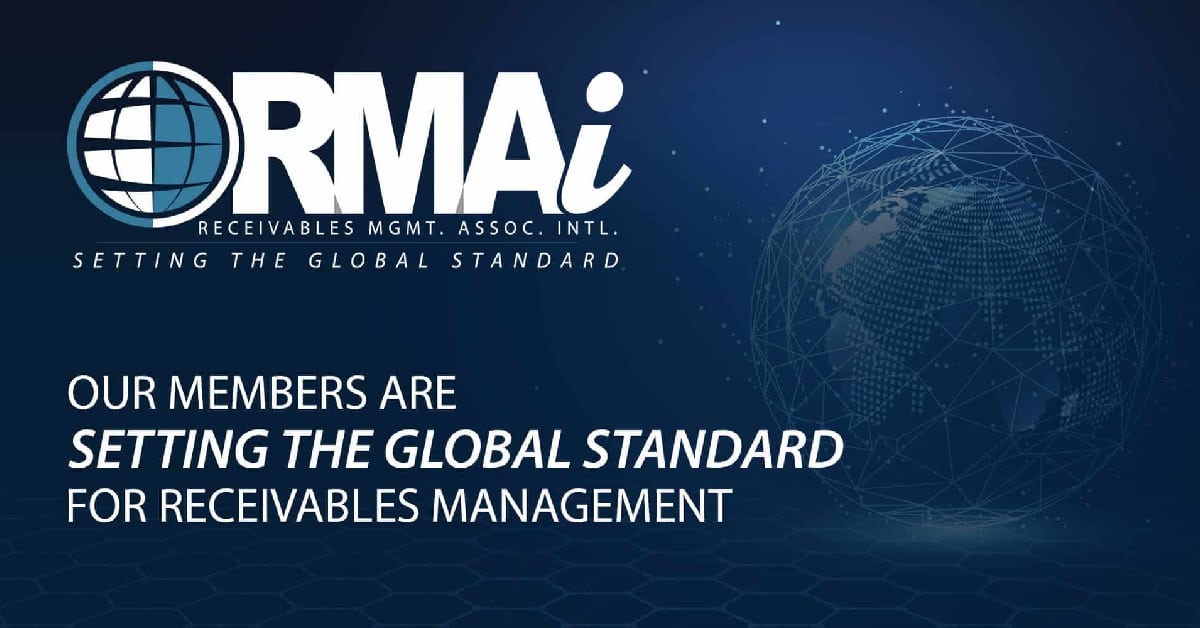By: Keshonda Walker, Director of Compliance, InvestiNet
Social media has become a primary source of information (including misinformation and disinformation) for millions of people. In recent years, a trend has emerged of viral videos encouraging consumers to avoid paying debts in collection. These videos are often created by financial influencers or small business owners looking to either boost their following or sell services. While they may rack up thousands of views and shares, I believe the advice is frequently misleading, incomplete or outright false.
A recent study conducted by Qualtrics on behalf of Intuit Credit Karma showed that 77% of Gen Z and 61% of millennials actively seek financial advice online or through social platforms. And even more telling, it is reported that 60% of Gen Z and 54% of millennials have acted on that advice.
For consumers, the consequences of mindlessly following this advice can be serious. Believing that a debt will disappear if ignored, or that a letter to the Consumer Financial Protection Bureau (CFPB) will erase negative credit reporting, may lead to damaged credit, legal action and missed opportunities for resolution. For the collections industry, these videos add new challenges to an already sensitive area of work, requiring additional time and effort to educate consumers and correct misconceptions.
The reach and influence of these videos are staggering, and when the advice is wrong, the consequences can be significant.
Why the trend is growing
The increase in this type of content is not tied to new laws, but rather to the growing influence of social platforms themselves. This is amplified by the fact that nearly 90% of Americans carry some form of debt, according to Debt.org. With such a wide audience, it’s no surprise that “life hack” videos about avoiding debt collection gain traction and resonate. Viral content is rewarded for engagement, not accuracy, so misinformation spreads quickly, and is often packaged as insider knowledge or a legal “loophole.” When delivered in this confident, straightforward language, the advice may seem credible. This dynamic is analogous to classic, psychological studies that demonstrate the acceptance of persuasive information from perceived authoritative figures, even when it is wrong.
The risks of misinformation
The problem with most viral debt videos is that they promise shortcuts. They suggest tricks to remove debt from credit reports or avoid repayment altogether. What these videos rarely mention are the real-world consequences of unresolved debt, including potentially lawsuits, judgments, garnishments or liens. Additionally, these videos almost never point to legitimate solutions, like hardship programs or nonprofit credit counseling, which can actually help consumers.
For agencies, this misinformation creates extra hurdles. Agencies may receive form letters downloaded from the internet from consumers who believe a debt can simply be “erased”. Many agencies receive regulatory complaints that stem from requests to remove debts from credit reports, even though they may not report the accounts to the credit bureaus. Agencies then must redirect consumers to the credit bureaus and explain their role in the process. In those moments, education becomes just as important as collection.
Advice and realities
To illustrate the gap between viral advice and the truth, here are a few common claims we’ve identified across these viral videos:
- “Refusing to pay will remove the debt from your credit report.”
- Reality: Only creditors or data furnishers can update reporting. A refusal to pay does not erase the obligation.
- “Collectors only profit from buying debt.”
- Reality: Many agencies, including InvestiNet, collect on behalf of clients and do not purchase the debt themselves.
- “Sending a cease communication letter makes the debt disappear in 20 days.”
- Reality: That letter may stop calls, but the debt itself remains. Credit reporting may continue, and legal action may still be pursued.
- “Paying a debt is the worst thing to do because it “validates” it.”
- Reality: The FDCPA and other state laws mandate consumers must dispute their dept within the validation period and in writing, though many collectors will accept disputes at any point in the process.
- “Always get agreements in writing.”
- Reality: This is sound advice, and in some states, it’s required by law.
The reason these claims catch on is because many contain just enough truth to feel plausible. That’s why it is critical for compliance leaders and frontline agents to understand what’s circulating online, so they can address both the accurate parts and the inaccuracies with confidence.
Preparing compliance teams
The best defense against misinformation is preparation. Your frontline employees speaking directly with consumers should be equipped not only with regulatory knowledge (such as FDCPA, FCRA and state-specific laws) but also with practical tools for handling objections respectfully and confidently. This means:
- Training agents to listen and respond with empathy when consumers reference viral claims.
- Providing clear explanations of the collector’s role versus that of the creditor or credit bureau.
- Reinforcing that consumers always have rights, including the ability to dispute debts.
When agents are confident in their knowledge, they can turn a misinformed conversation into an opportunity to educate, build trust and guide consumers toward solutions.
A call for clarity
Ultimately, the rise of viral debt advice reflects a larger cultural shift: people are turning to influencers instead of institutions for financial guidance. While some advice may be harmless, much of it is not. The industry cannot stop these videos from spreading, but it can prepare to address them head-on.
Collectors should remember that when a consumer quotes a viral video, they are not trying to be defiant; they’re responding to what they believe is credible. That’s why respect, patience and accurate information are essential in every interaction.
For consumers, the takeaway is simple: don’t let likes and views dictate your financial future. If you have questions about debt or credit reporting, turn to official sources like the CFPB, nonprofit credit counseling organizations or your creditor, directly. Understand your rights and seek legitimate, proven resources.
And for compliance leaders, our role is to ensure the truth is just as accessible and clear as the misinformation circulating online.
Note: The information in this article is for general informational purposes only and does not constitute legal advice or counseling, and we do not take responsibility for any actions taken or inactions based upon the information provided in this article.

Keshonda Walker is the Director of Compliance at InvestiNet, where she brings strong organizational and interpersonal skills, a keen attention to detail and the ability to lead in high-energy, fast-paced environments. She holds a Bachelor of Arts from the University of South Florida and a Master of Science from Florida State University. Keshonda has experience managing client operations and attorney networks for debt collectors. In addition, she has performed compliance audits for various types of vendors operating within the consumer finance industry including companies that specialize in debt collections, administrative back-office support, settlement administration, repossession forwarding, auto remarketing, diminished value, bankruptcy collections and probate collections. Outside of InvestiNet, she is a Sunday School teacher, sings as a lead vocalist in a band and enjoys cruising with her family.


